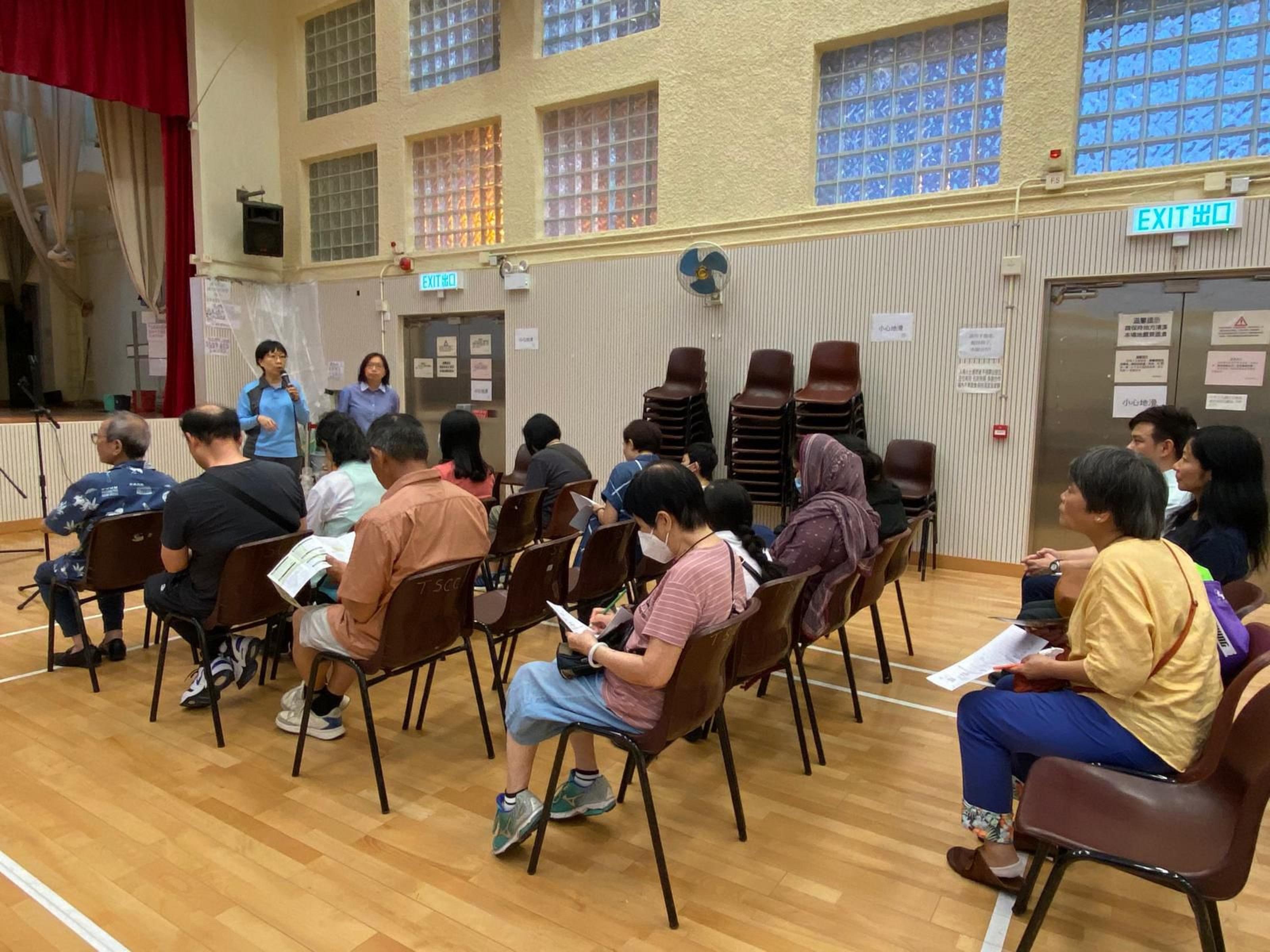With the approach of the summer holidays, the Centre for Health Protection (CHP) of the Department of Health today (June 19) appealed to members of the public who intend to travel to stay alert to the situation of infectious diseases in their destinations. The CHP specifically reminded members of the public to adopt necessary precautions to guard against the recently increasing group A streptococcal (GAS) infection, including streptococcal toxic shock syndrome (STSS), and mosquito-borne diseases when travelling abroad.
GAS infection
In Japan, an increase in STSS cases has been observed since 2023. According to information of the Japan Ministry of Health, Labour and Welfare, as of June 2, 977 cases have been reported in 2024, exceeding the previous record high of 941 in 2023 and the range of 622 to 894 during 2019 to 2022. Moreover, an increase in invasive group A streptococcal infections (iGAS disease) and scarlet fever has also been observed in at least five countries in Europe.
The rise in the number of STSS cases may possibly be contributed by the increase in various respiratory infections after the relaxation of COVID-19 measures. GAS infection is caused by the bacteria, namely Streptococcus pyogenes, that can be found in the throat and on the skin, which can be transmitted by droplets and contact. The bacteria can cause mild diseases including pharyngitis, impetigo and scarlet fever to iGAS disease such as necrotizing fasciitis and STSS.
Anyone can get iGAS disease, but the elderly and young children, persons with chronic illnesses (e.g. diabetes) or immunocompromised persons may be at higher risk. People with breaks in the skin or with recent viral infections (e.g. chickenpox, influenza, etc.) are also at higher risk of developing iGAS disease. On the other hand, the disease can be effectively treated with antibiotics and prompt treatment helps alleviate symptoms faster and prevent complications.
A spokesman for the CHP reminded travellers to maintain good personal and environmental hygiene as well as practising good wound care in order to reduce their chance of getting infected. Among others, travellers are strongly advised to practise hand hygiene frequently, avoid sharing personal items and put on a surgical mask in case of going to crowded places.
Mosquito-borne diseases
During their travel, members of the public are also urged to stay vigilant against mosquito-borne diseases including dengue fever (DF), Japanese encephalitis, zika virus infection, malaria, etc. Of note, according to the World Health Organization, the latest surveillance data shows significant increase in DF cases in some places in Asia (such as Indonesia, Malaysia, Singapore and Thailand) and America (such as Brazil, Argentina, Peru and Colombia) compared to the same period last year. The Americas have recorded over 8 million cases of DF reaching a record high number.
The CHP spokesman reiterated that members of the public should follow stringent anti-mosquito measures when travelling. When travelling to areas where vector-borne diseases are common, they may consider to arrange travel health consultation with doctor at least six weeks before the journey for risk assessment during which the need for any vaccinations, chemoprophylaxis and vector preventive measures will be determined.
The following measures on mosquito control could reduce the chance of acquiring mosquito-borne disease during travel:
- Wear loose, light-coloured, long-sleeved tops and trousers
- Use DEET-containing insect repellent on exposed parts of the body and clothing. For details about the use of insect repellents and the key points to be observed, please refer to ‘Tips for using insect repellents‘
- When engaging in outdoor activities, avoid using fragrant cosmetics or skin care products, re-apply insect repellents according to instructions, and apply insect repellents after sunscreen if both are used
“Returned travellers should consult a doctor promptly if developing symptoms such as fever, respiratory symptoms, rash or painful swelling, and inform the doctor of their travel history for prompt diagnosis and treatment,” the Spokesman added.
The CHP will continue to monitor local and overseas situation of infectious diseases and provide the latest information to members of the public timely for better understanding on the development of infectious diseases and preparation on precautionary works. For more information, please refer to the CHP website on GAS infection (
www.chp.gov.hk/en/healthtopics/content/24/107780.html), DF (
www.chp.gov.hk/en/healthtopics/content/24/19.html) and travel health service (
www.travelhealth.gov.hk).
read more




